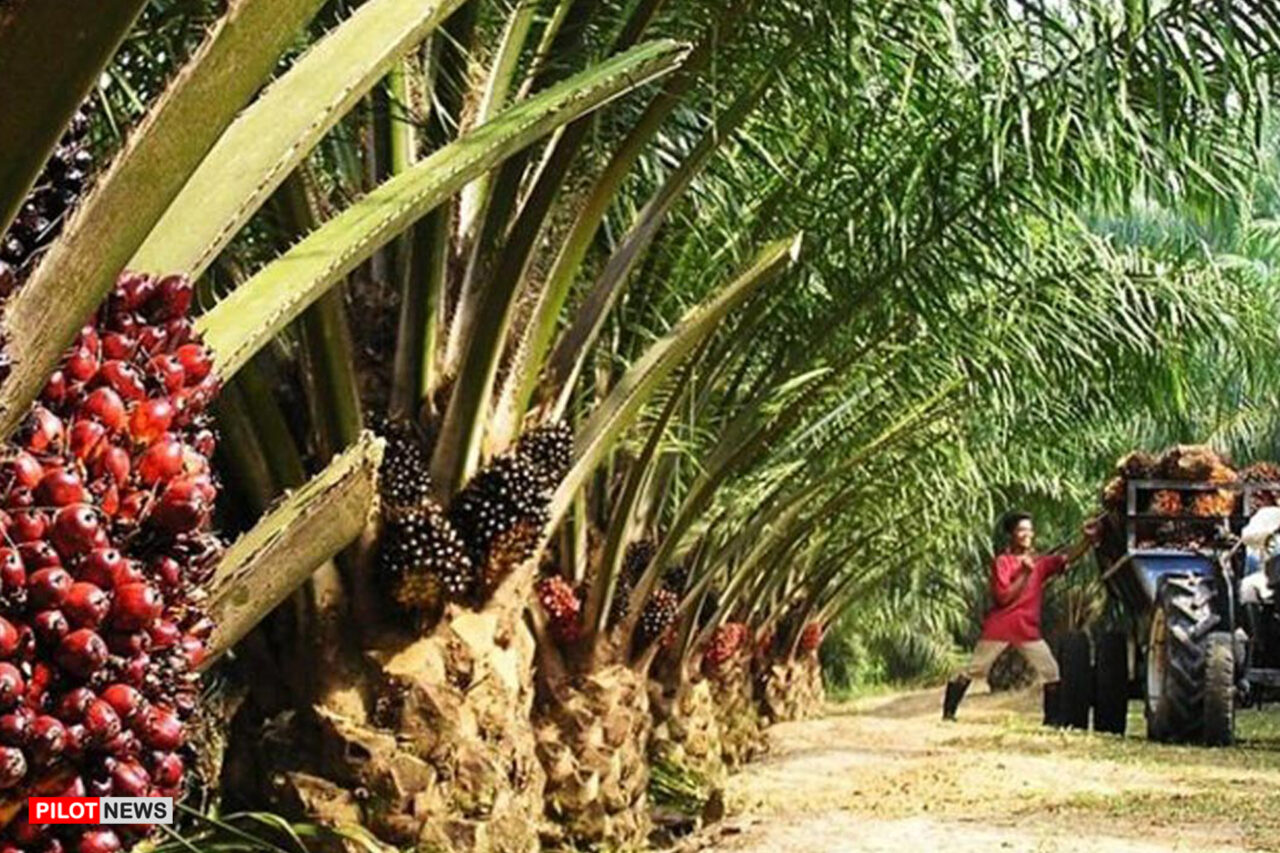ENUGU — Solidaridad West Africa – Nigeria, a solution-oriented Civil Society organization, on Thursday, inaugurated a Multi-Stakeholder Platform (MSP) for Sustainable Climate-Smart Oil Palm production among communities in Enugu.
Senior Climate Specialist, Africa and County Technical Lead, Nigeria, Dr. Sam Ogallah, said the effort was part of the National Initiative for Climate-Smart Oil Palm Smallholder (NISCOPS) project.
Ogallah said that the setting up of the MSP was informed by the result of the studies the organisation conducted in 2019 in the oil-palm sector in Oil-palm Producing States of Nigeria, including Kogi, Enugu, Akwa-ibom and Cross Rivers states.
He said that they would operate in four local government areas of the state and they are Aninri, Isiuzo, Udenu, and Nkanu West.
“We conducted climate vulnerability analysis studies that gave us a red alert on what we are likely to face between now and the next 30 years if things are not done differently.
“And the resources we have can only accommodate these four local governments,” he said.
The specialist said the process of developing a sustainable plan the group would support the committee inaugurated.
“For their plan to be successful, it must jointly develop with the state government to their various ministries who will mainstream the plan into their budget and state plan.
” These ministries are Agric and Environment who will sustain the process and replicate it to the other local governments in the state,” he said.
Realising the enormity of the situation, he said the organisation decided to take a Multi-Stakeholder approach involving people from different backgrounds with direct or indirect interest in oil-palm, to look at the issues, brainstorm, and address them holistically.
“The idea is that at the end of the day, we should be able to produce oil-palm sustainably and talking about sustainability, we have three pillars – Economy (income), Social and Environment.
“We talk about producing oil palm to have income that would translate into improvement in livelihood for smallholder households in our local communities and when there is sustainable income, there will be less social problems,” he said.
“Environmentally, we have to produce Oil-palm or palm oil in a very sustainable atmosphere so that we can sustain our natural resources for our future generations,” Ogallah explained.
Ogallah noted that the group had four nursery sites for improved palm seeds in the state.
According to him, they had trained and empowered youths and women in the nursery palm seedling business who distribute them to farmers.
He said that Solidaridad also conducted an analysis on Gender Inclusion and Gender Participation in the oil palm value chain and discovered a lot of biases against women and youths from the report.
“Access to land for women and youths is also an issue. Favourable land tenure system is also an issue.
“Who has the right to land, who owns the land? We have seen this play out in various communities.
“So the essence of this MSP is to be able to meet with the people who are the custodians of the land and see how we can help with re-orientating and sensitising them, build their capacities so that they can see and do things differently,” Ogallah added.
The News Agency of Nigeria reports that the stakeholders were drawn from Oil-palm farming communities, traditional rulers, Agriculture related Ministries, Departments and Agencies as well as the Media and Civil Society Organisations.
Latest posts by Pilotnews (see all)
previous
OPINION: Former President Obasanjo Argues for the Unity of Nigeria
next


